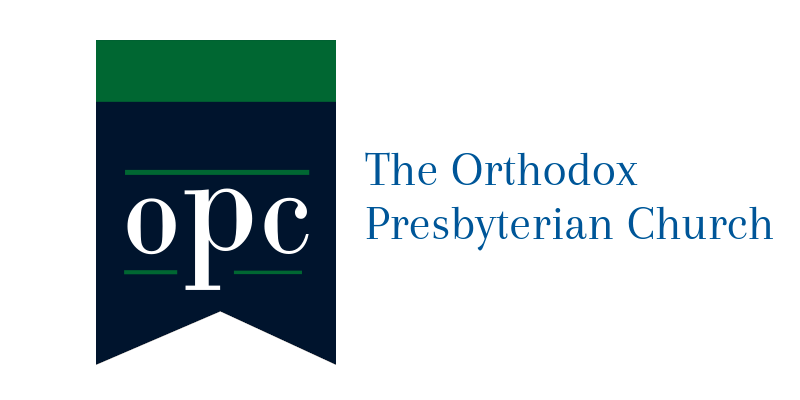arapahoepark
Puritan Board Professor
So...what do you all read in the realm of historical fiction? Would like some recommendations.
Follow along with the video below to see how to install our site as a web app on your home screen.
Note: This feature may not be available in some browsers.
The Constantine Codex is free if you have Kindle Unlimited. Needed a new read today, so thanks for the suggestion.Some time ago I enjoyed Paul L. Meier's Pontius Pilate and Flames of Rome. I haven't read it, but his The Constantine Codex also looks interesting (it seems like somewhat of a counter to The Da Vinci Code, of which he was an outspoken critic).
Flames of Rome is outstanding. Great use of Josephus. Constantine Codex is good, but nowhere near on the same level.Some time ago I enjoyed Paul L. Maier's Pontius Pilate and Flames of Rome. I haven't read it, but his The Constantine Codex also looks interesting (it seems like somewhat of a counter to The Da Vinci Code, of which he was an outspoken critic).
A modern high school history text.

 www.opc.org
www.opc.org
Here is part of an interview Maier did on his take of the Da Vinci Code, in which he laid out his philosophy on good historical fiction:
Q. Why do you get so upset about a novel?I get this a lot –‘Come on! Chill out, Maier! It’s a novel!’ And that’s a valid challenge. The answer is simply this: in a novel, you have foreground characters and you have the background setting. Now, the foreground characters –you can do with them as you wish. I would never criticize Dan Brown for whatever he might want to do with his fictional characters. That’s his privilege as a novelist, and I’m not knocking that at all.But the setting and the background that are well-known from history should not be tampered with, in the interest of credibility… What Dan Brown has done is to fictionalize his foreground characters. Fine –have at it! But in the process he has also falsified the historical background, and that is what is absolutely unacceptable. …People who don’t know history –who aren’t aware of the past- might think, ‘Wow, what do you know? That must have happened. It’s in print!’ That’s the danger.Q. Dan Brown seems to have not maintained the historic foundation for his book. Is that right?Oh, yes, indeed. In the case of both my historical works… I was extremely careful. Every personality in the book really lived, and I used their actual names. Secondly, I never contradict known historical facts. Only where the facts leave off do I then provide fictional mortar to hold the story together. And I’ll own up with the reader at the end of the book. This is in total contrast to what Dan Brown did.Q. But that’s just a different approach, isn’t it? Does that mean Brown’s approach is wrong?Well, Brown’s approach is simply wrong because it lies about the facts. And you dare not lie about known historical fact.